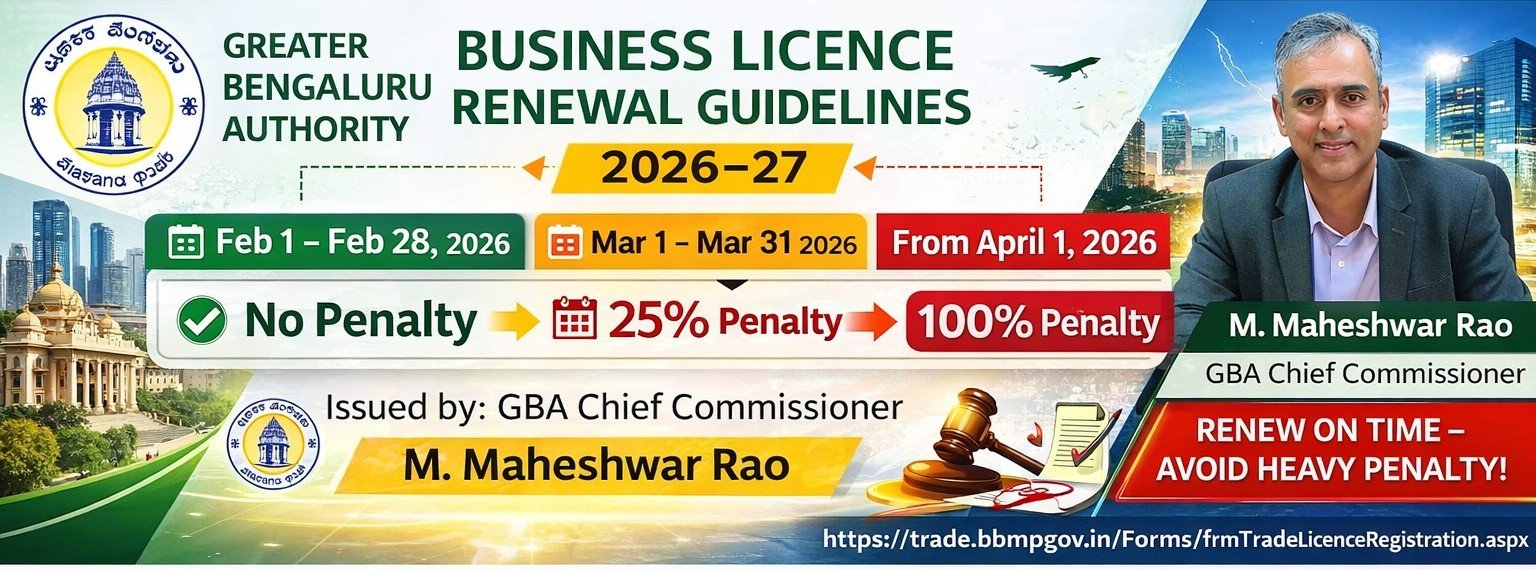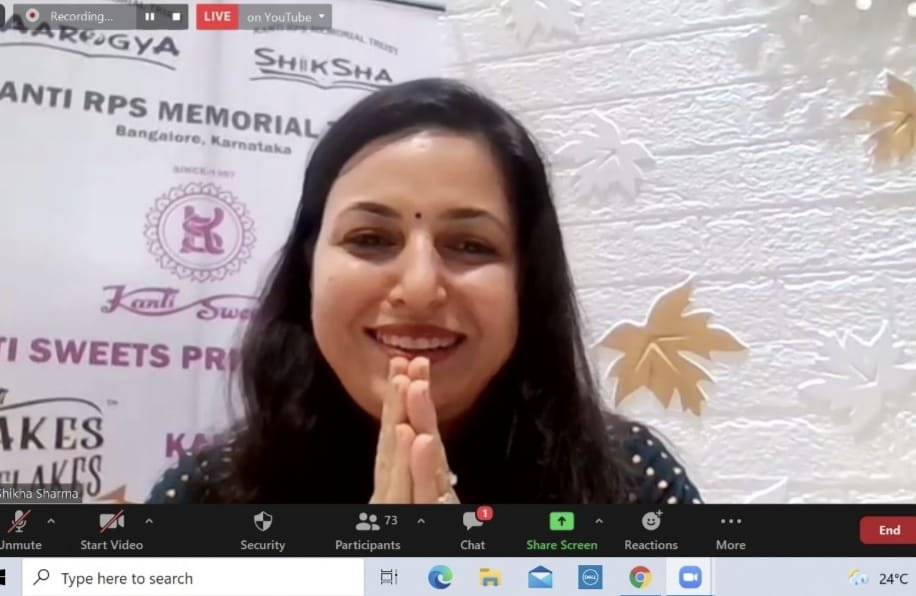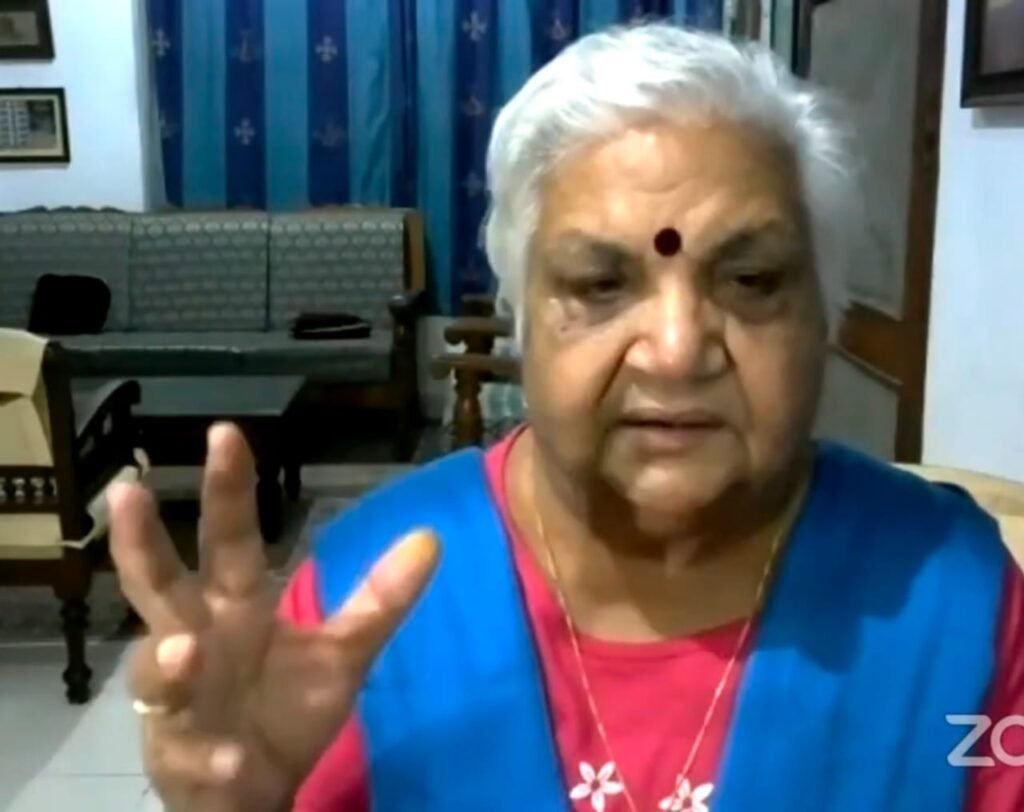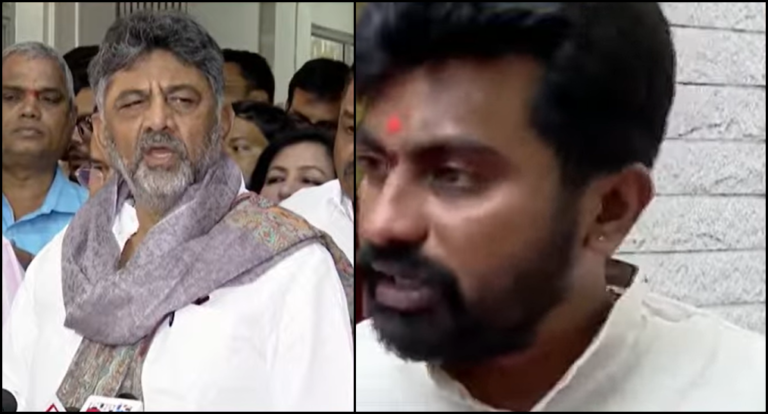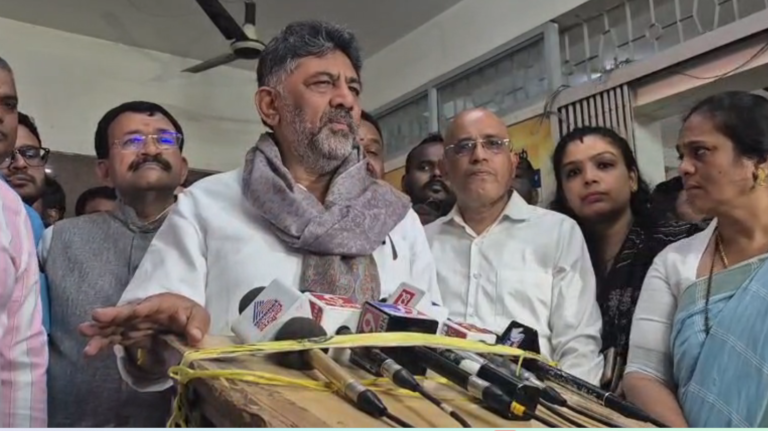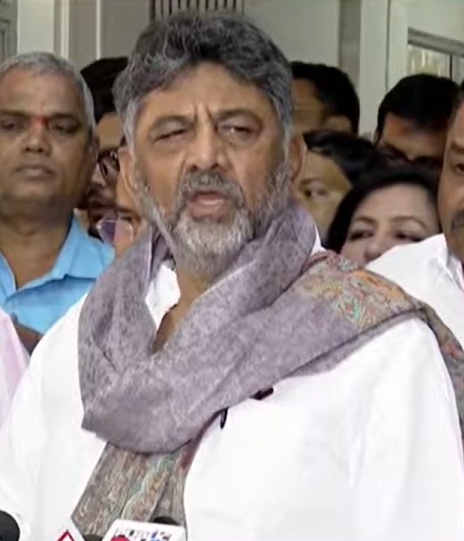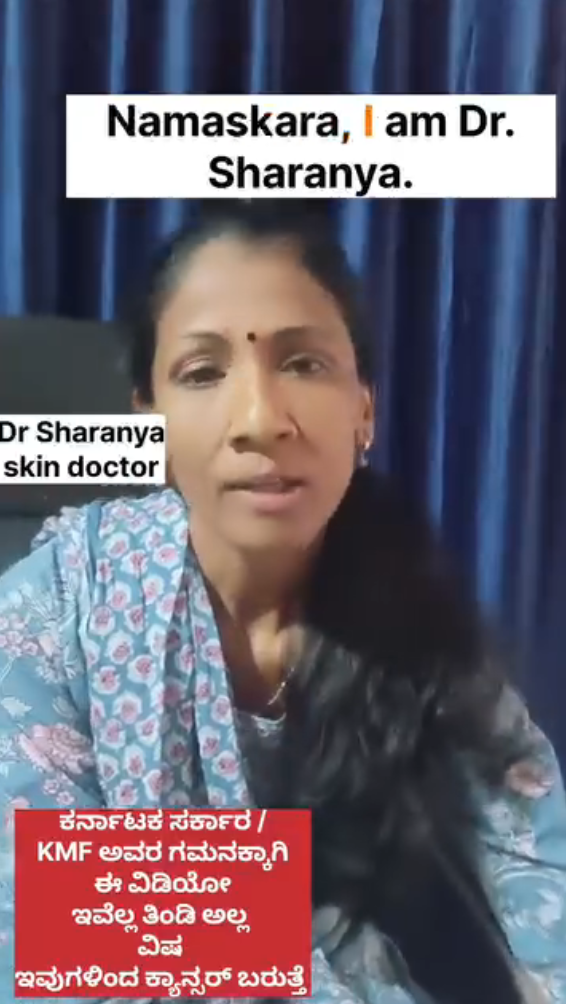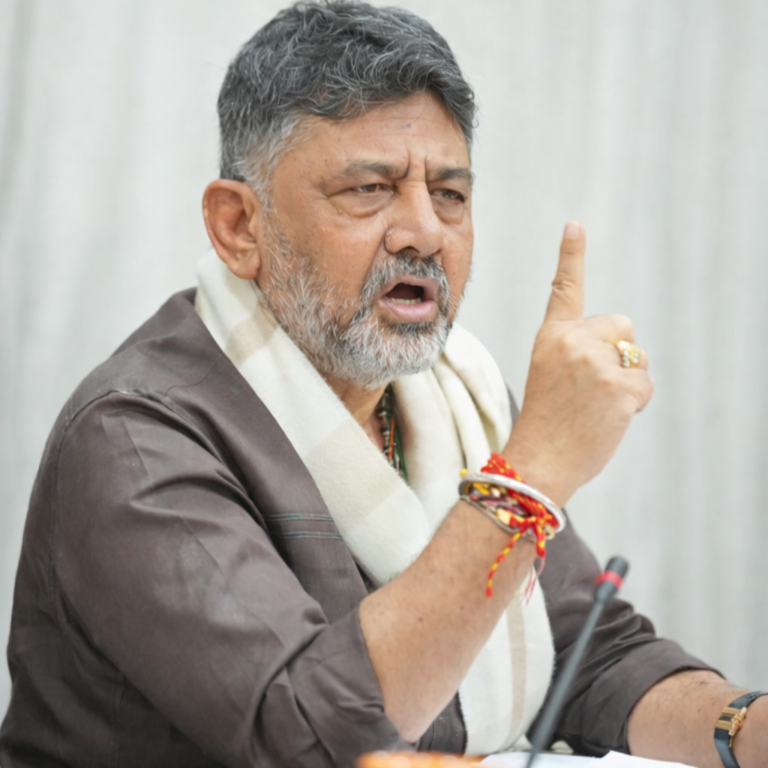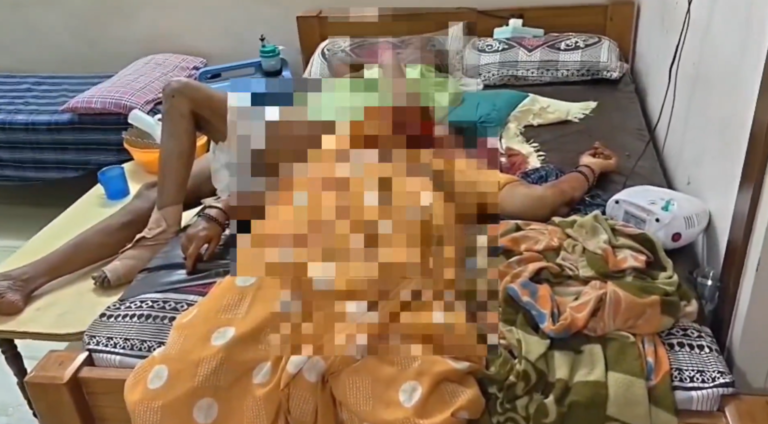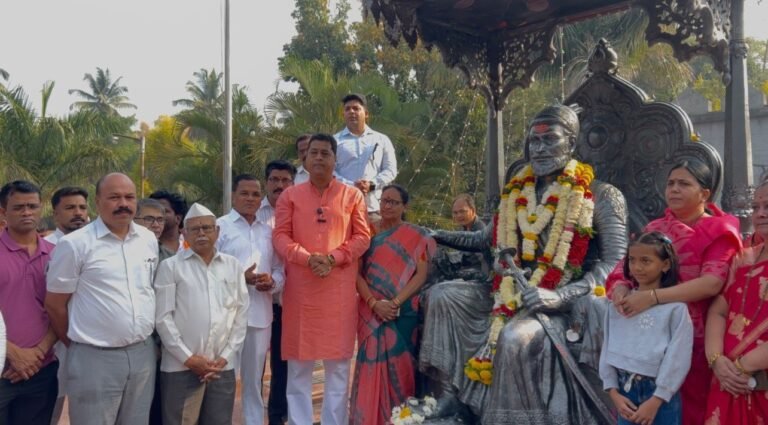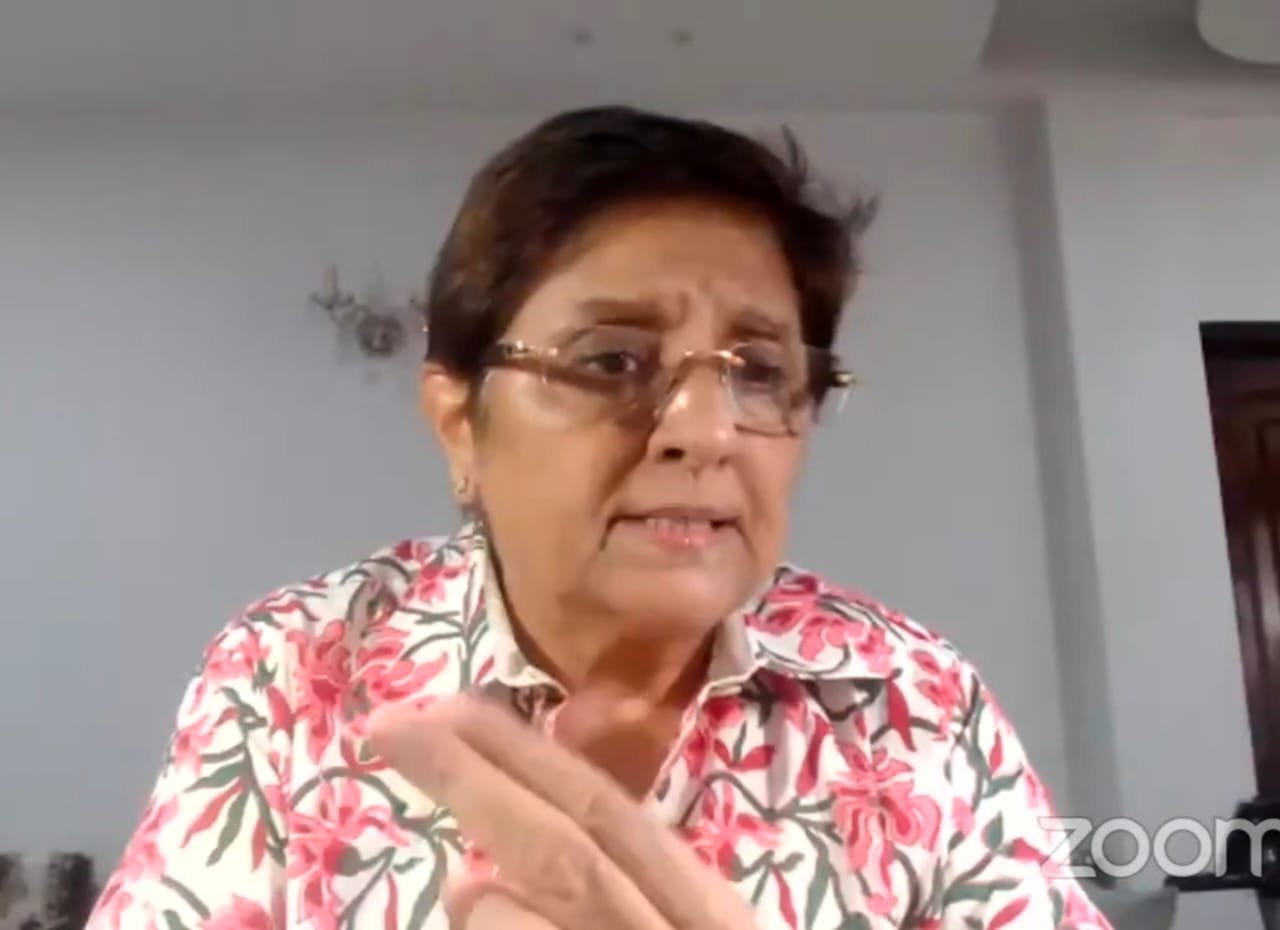
Women in agriculture currently labelled ‘labourers’ and cannot get official benefits, says former Puducherry L-G
BENGALURU:
It is time women working on farmlands are recognized as ‘farmers’ so that they can avail of facilities like bank loans and government subsidies, opined former Puducherry Lieutenant-Governor Kiran Bedi.
Inaugurating an online seminar on sustainable family farming practices organised by Women’s Indian Chamber of Commerce and Industry (WICCI), Food and Nutrition Council and World Book of Records on Saturday, the former IPS officer said it was wrong to call women working on farmlands ‘labourers’.
“We call them farm labourers. I don’t think they are labourers. If you ask me, I would say they should be called producers,” Dr Bedi opined. Empowerment, according to her, comes when women receive the status that is due to them.
“If you want more and more women in agriculture, if you want to really empower them, get them the farmer status,” she said, adding that women working on farmland currently do not get the respect they deserve.
“Just because we don’t give our women the farmer status, they are not entitled to benefits like bank loans, government subsidies and the sort.” This situation should change, she said, urging WICCI to take up the issue both at the policy and political levels.
‘Introduce kids to farming’
Dr Bedi further emphasised the need to introduce children to farming at a very early age so as to make sustainable family farming practices more meaningful. “Children should know that farming is a dignified profession,” she said.
To achieve this goal, Dr Bedi suggested making agriculture a part of school extra-curricular activities. “It would be a good idea to take children to farms and provide them with hands-on learning. It is possible, at least in rural schools,” she said.
Padma Shri awardee and Director, Jimmy McGilligan Centre for Sustainable Development, Dr Janak Palta McGilligan decried the constant abuse of nature. “In the Indian context, sustainability is all about respecting nature. But we are attacking the five elements of nature,” she said.
‘Need for biodiversity’
Sustainable family farming practices would become a reality only when we have an integrated farming culture which is very inclusive in nature and celebrates diversity, Dr Janak said, adding, “We need to expand our biodiversity for a sustainable future.”
“But these days, people are more into mono crops and cash crops which are against the concept of inclusive farming practices. The immediate victim is the biodiversity of plants. This in turn negatively impacts dietary diversity and the result is malnutrition and other health issues,” she pointed out.
WICCI Food and Nutrition Council National President Shikha Sharma said sustainable farming practices are very relevant for Karnataka, where 1.6 million children in the age group of 0-6 years are either malnourished or underweight.
WICCI Food and Nutrition Council Vice-President Radha Kolli spoke on the issues faced by women farmers in rural Karnataka, including water scarcity and a depleting groundwater table, and stressed the need for water harvesting.
Other participants in the seminar included NK Sood, former RAW officer and author, Santhosh Shukla, Supreme Court advocate and President of World Book of Records, and Trilok Chand Chhawiya, Assistant Director (Agriculture), Government of Madhya Pradesh, besides several other WICCI members from across the country.

